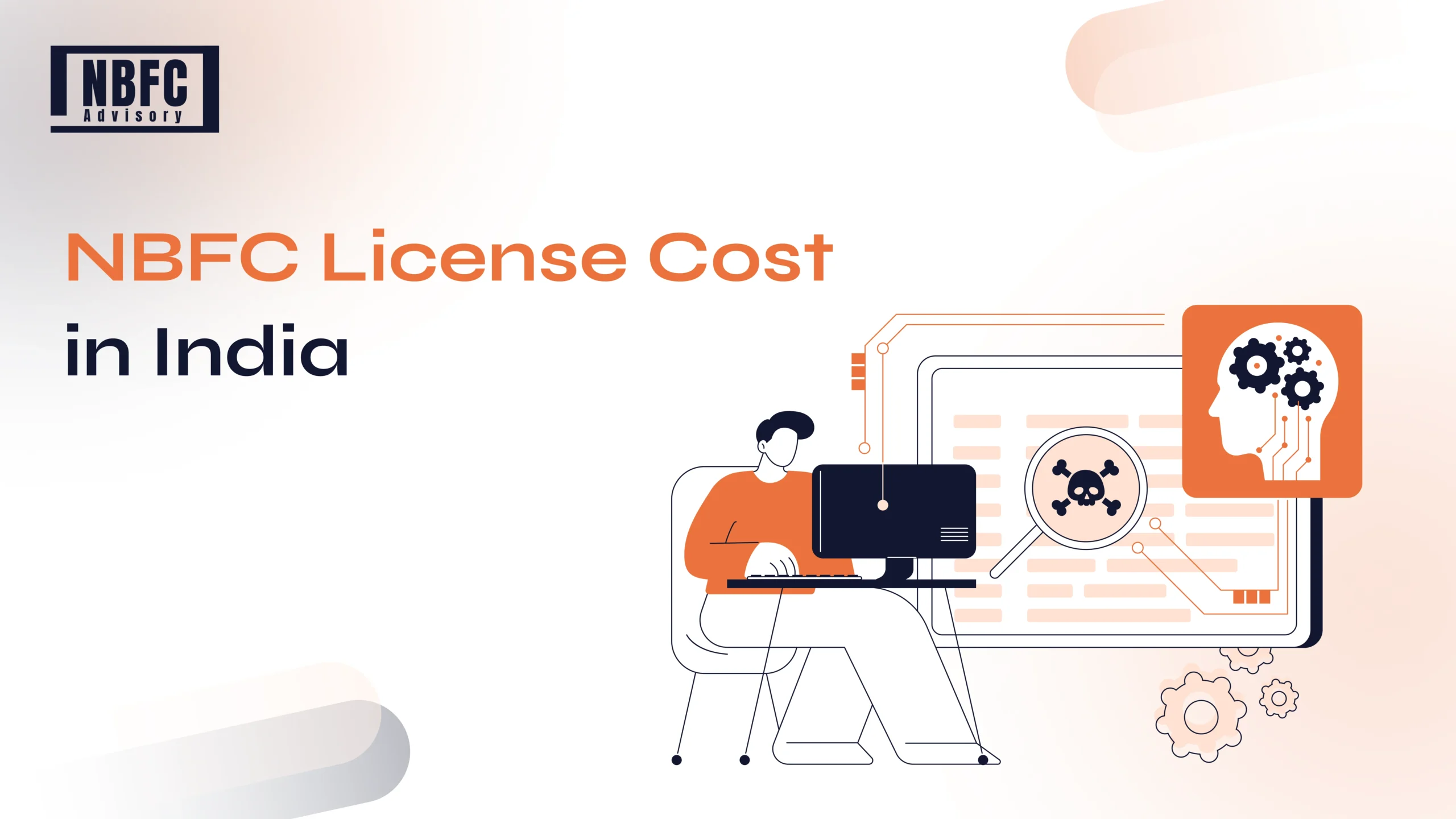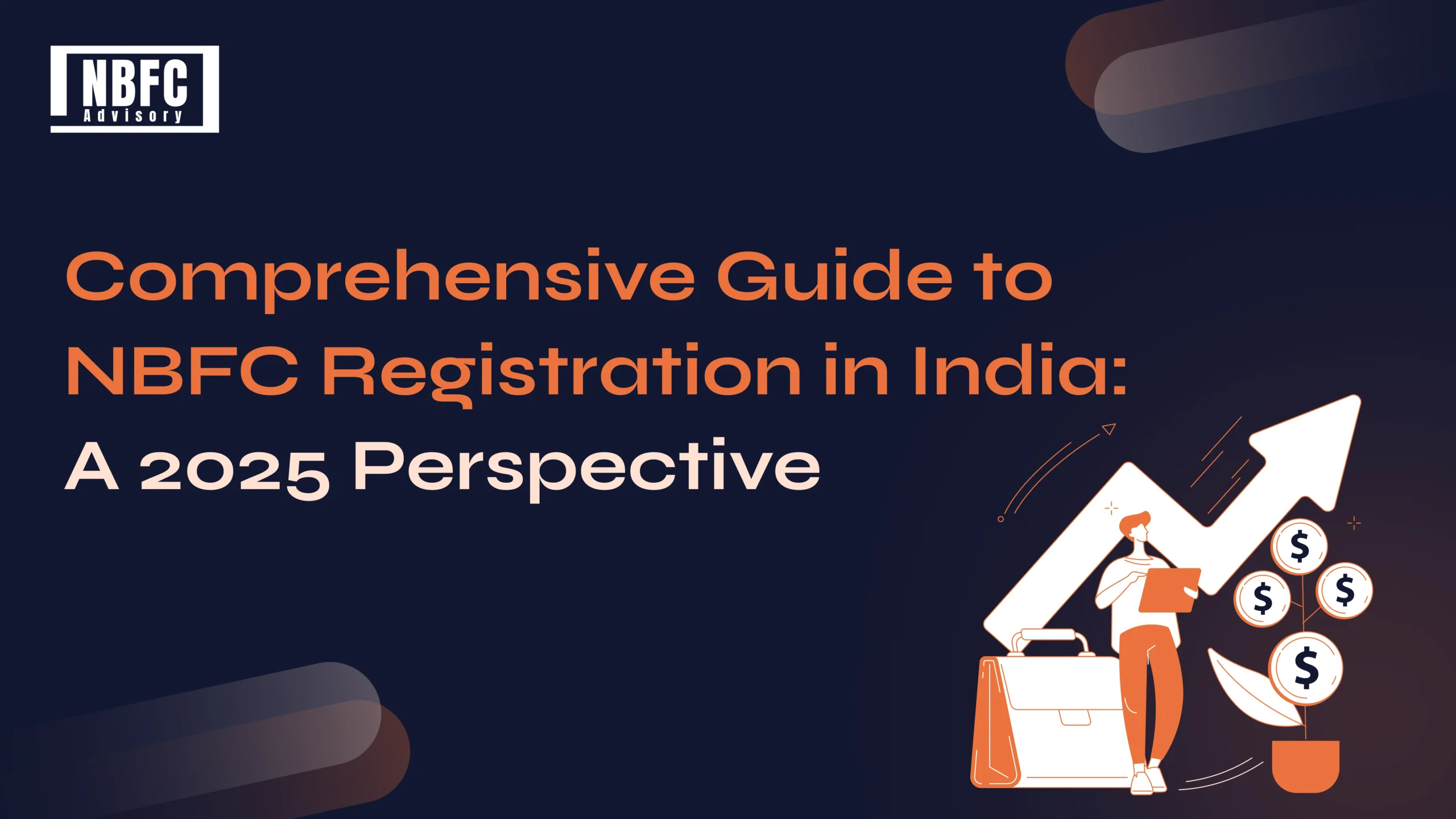Inside This Article
Category I AIF is designed for routing investment to sectors believed to be an economic as well as socially relevant direction. The aim of the category is based upon the grounds that it brings about country-level economic growth to the extent that SEBI has accorded these recognition and benefits to funds working towards igniting the infrastructure in the country, SMEs and startups besides social ventures, and now even more recently Category – I AIF has brought in very high interest wherein the Government has sought development in these areas: Innovation, entrepreneurship, and Infra structure.
Main characteristics
- Focussed on Impactful Sectors: Category I AIFs predominantly invest in sectors such as startup, infrastructure, social ventures and SME.
- Government Incentives: Governments often encourage such funds with tax advantages or subsidies due to contribution in the economy development in that particular region.
- Long-Term Investment Horizon: In this category, funds get invested for quite a while in order to allow full maturity and growth.
Types of Category – I AIFs
- Venture Capital Funds (VCFs):
Venture capital funds are supposed to cultivate early-stage companies with high growth potential. The fact that more than 108 unicorns were first incubated in India in 2023 is a reflection of the immense role of venture capital funds in ushering growth for new-age businesses. - Infrastructure Funds:
This type of fund invests into high-ticket size infrastructure projects like the creation of roads, construction of airports, power plants and also renewable energy initiatives. According to the Ministry of Finance, the National Infrastructure Pipeline NIP plans to fund an amount of ₹ 111 lakh crore in every possible project by 2025, which makes this area to be highly significant towards its achievement. - SME Funds:
These funds are targeted at reviving small and medium enterprises, providing capital to businesses that are usually difficult to fund through traditional means. According to data available at the Ministry of Micro, Small & Medium Enterprises, SMEs constitute 30% of India’s GDP, underlining the necessity of investment in this space. - Social Venture Funds:
These funds are made especially for socially responsible investments and the returns generated alongside of such investments create social impact with monetary returns. These will be funds that invest in programs relating to affordable housing, health care, and education etc
Growth of Category I AIFs
With regards to SEBI data, the total capital commitments for Category I AIFs have increased up to more than ₹1.50 lakh crore until March 2024. The benign policies of the government along with flourishing startup culture, and rise interest toward sustainable and impact investing forms the reason.
For example, increased inflow towards Venture Funds into India’s startups have gained momentum, so far by raising ₹1.40 lakh crore as venture fund raising in 2023 by the startups.
Who shall Invest?
Category I AIFs are a category of funds recommended to investors who expect long-term capital appreciation coupled with positive social or economic outcomes. Such funds are especially attractive to investors generally interested in startups, infrastructures, and social projects.





